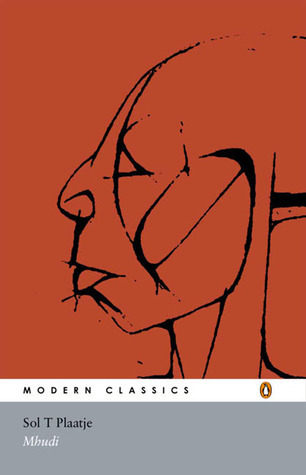What do you think?
Rate this book


200 pages, Paperback
First published January 1, 1970
if [the Barolong under Tawana] imagine that they shall have rain and plenty under the protection of these wizards from the sea, they will gather some sense before long.